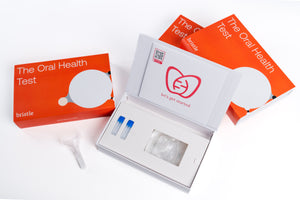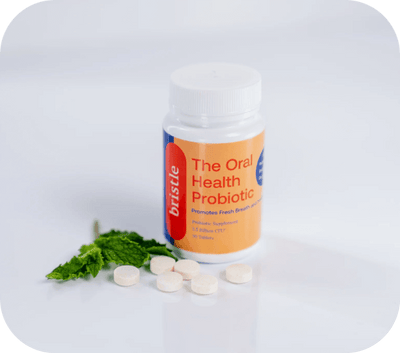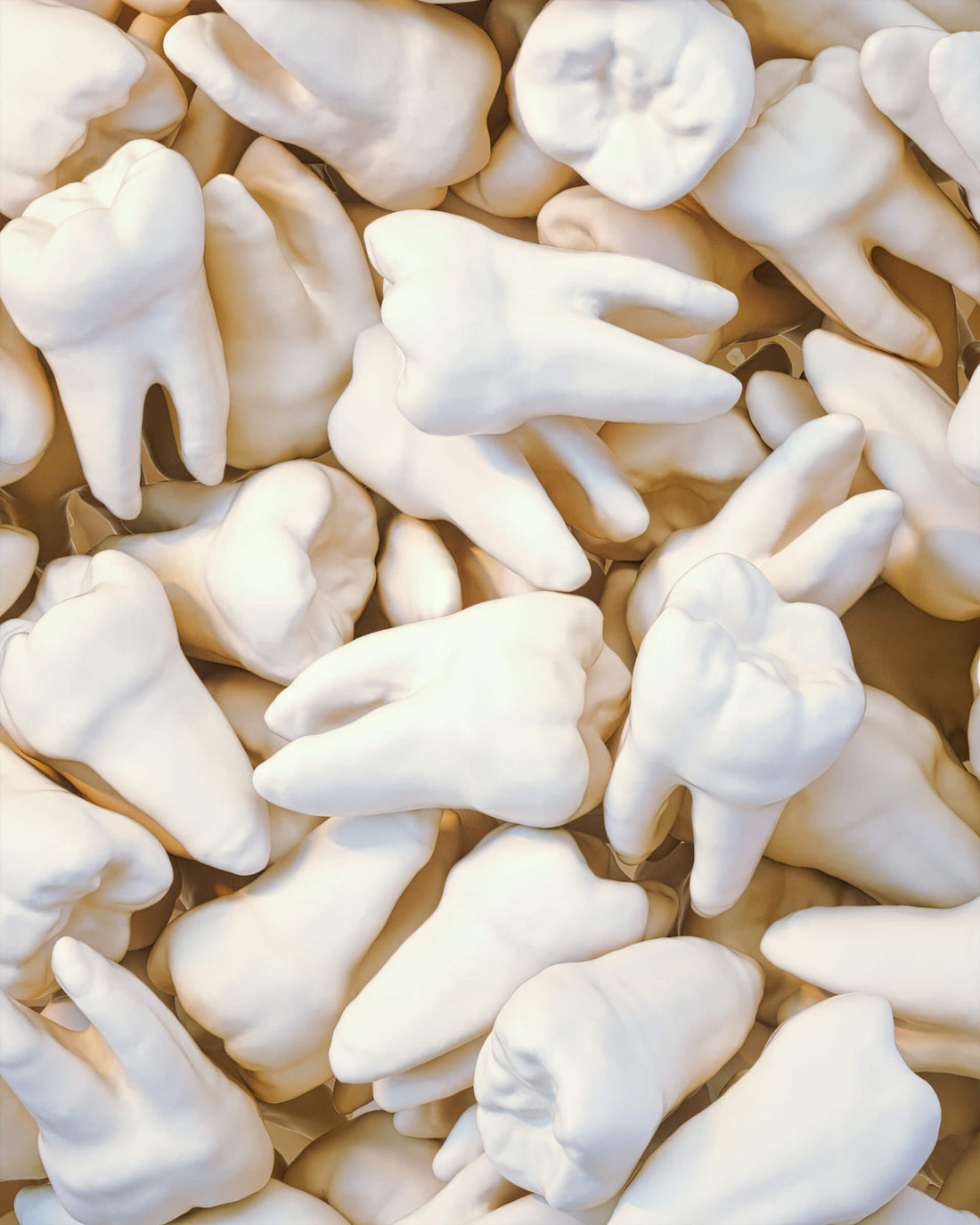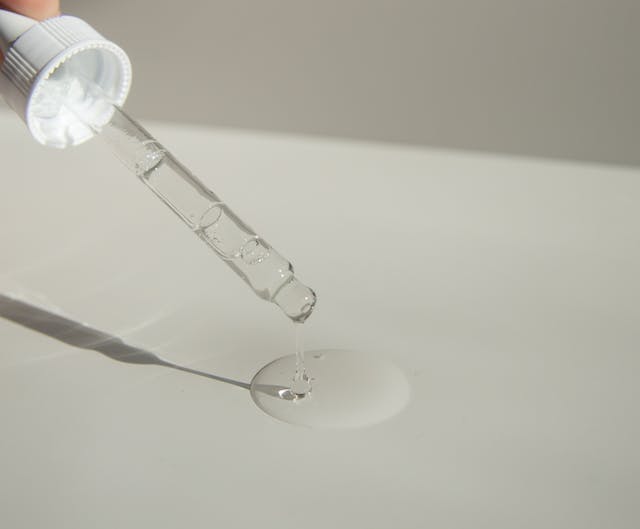Oral diseases affect nearly 3.5 billion people worldwide. Untreated dental caries in permanent teeth is the most common health condition, too. If you have a cavity, it's important to seek treatment right away.
How are cavities treated, exactly? Keep reading to find out!
After reading this guide, you can find the help you need for cavity treatment. You can even learn how to get rid of cavities at home.
Keep reading to learn everything you need to know about dental cavities today.
Signs You Have a Cavity
About 13.2% of children and 25.9% of adults have untreated dental caries. Before we go into the ideal treatment for cavities, let's go over the basics.
Without proper oral care, food and bacteria can build against your teeth. Plaque can form, leading to acid production. Acid can erode the protective enamel on the surface of your teeth.
You can get rid of plaque by brushing and flossing. Otherwise, the plaque will eat away at your teeth, leading to cavities.
A cavity can cause a hole to form in your tooth. It could destroy the tooth if left untreated. Complications can occur, including a tooth abscess or infection.
If the infection reaches your bloodstream, it could become life-threatening.
There are a few signs that can indicate you might have a cavity. If these signs you have a cavity sound familiar, seek help right away.
1. Sensitivity to Sweets
You might experience lingering sensitivity after eating sweets or sugary beverages. The lingering discomfort can indicate damage to the enamel. It could mean a cavity is beginning to form.
2. Hot and Cold Sensitivity
You might experience sensitivity after eating hot or cold food or beverages. Lingering sensitivity is one of the signs you have a cavity.
Bacteria can eat away at the enamel of your teeth, affecting the dentin. Dentin is the hard tissue layer beneath your enamel. It contains little, hollow tubes.
When enamel isn't protecting your dentin, hot and cold foods can stimulate the nerves and cells in the tooth. You'll experience sensitivity as a result.
3. Staining
You might start noticing white spots against the surface of your teeth. These spots might become darker over time. For example, they could appear brown or black.
Staining can indicate your tooth decay is becoming more advanced.
4. Toothache
You might develop an ongoing toothache. Pain is one of the most common signs of cavities. If the pain doesn't go away, consider seeking treatment for cavities.
Sometimes, you can experience pain after a meal. The ache can start suddenly, too. You might notice pressure when you bite down as well.
5. A Pit or Hole
If there's a white spot on your tooth, it could indicate the start of a cavity. The spot can get worse until you have a hole or pit in the tooth. You might feel it when you run your tongue over the surface of the tooth.
You could even see the hole when looking in the mirror.
Some holes can form between your teeth or in crevices. You might feel sensitivity or pain instead.
If you notice a pit in your tooth, call your dentist for cavity treatment right away.
Treatment for Cavities From a Dentist
If you experience these signs of cavities, consult a dentist. They'll determine what type of cavity you have. Then, you can review your treatment options.
How are cavities treated, exactly? It depends on the placement of the cavity.
For example, root cavities are common in older adults, especially those that have a gum disorder.
When your gums recede, the tissue around your tooth is lower. The root surfaces can become exposed. This leaves the root surfaces more susceptible to erosive acids.
If you have a root cavity, your dentist will first need to remove the tooth decay. They'll fill the cavity with a filling.
In some cases, the decay can spread to the pulp. You'll need root canal therapy. Otherwise, tooth decay will continue to spread.
It's important to schedule a root canal right away if you've developed decay in the tooth's pulp.
Pit and fissure cavities are common on rear molars. These cavities usually develop on the tooth's chewing surface. This type of cavity is common if you don't brush as often as you should.
Sealant can protect you from pit and fissure cavities in the future.
If this type of cavity is caught early, you can use sealants or fluoride to treat it. If the cavity is deep, your dentist will need to remove the decay. Then, they'll repair the tooth with a filling or crown.
The third type of cavity is smooth-surface cavities. These develop on the teeth found on the sides of your mouth. They're the slowest type of cavity.
Your dentist might suggest treatment with fluoride. You can also use gels, toothpaste, or fluoride-enriched water.
Getting Rid of Cavities at Home
How are cavities treated at home?
First, consider chewing sugar-free gum after meals. Gum contains xylitol, which can stimulate saliva flow. It can also raise the pH of plaque and remineralize enamel.
Consider adding more vitamin D to your routine, too. Vitamin D helps absorb calcium and phosphate from your diet. It could benefit your dental health.
Make sure you're brushing and flossing twice a day. Try brushing with fluoride toothpaste. Fluoride can prevent cavities and remineralize enamel.
It could help with cavity prevention in the future.
Otherwise, consider your diet. Try to avoid eating too much sugar. Otherwise, sugar can increase your risk of cavity formation.
If you're looking for at-home cavity treatment, try oil pulling. Oil pulling involves swishing coconut oil in your mouth for 20 minutes. Then, spit it out.
Oil pulling might remove toxins from the body. However, there's not enough evidence to support these claims.
How Are Cavities Treated?: Your Guide to a Healthy Smile
To recap, how are cavities treated? There are a few treatment options available. Focus on cavity prevention to avoid needing treatment altogether.
Want to stop cavities and gum disease before they get the chance to spread? We're here to help.
Order our simple, at-home oral test today to get started.












